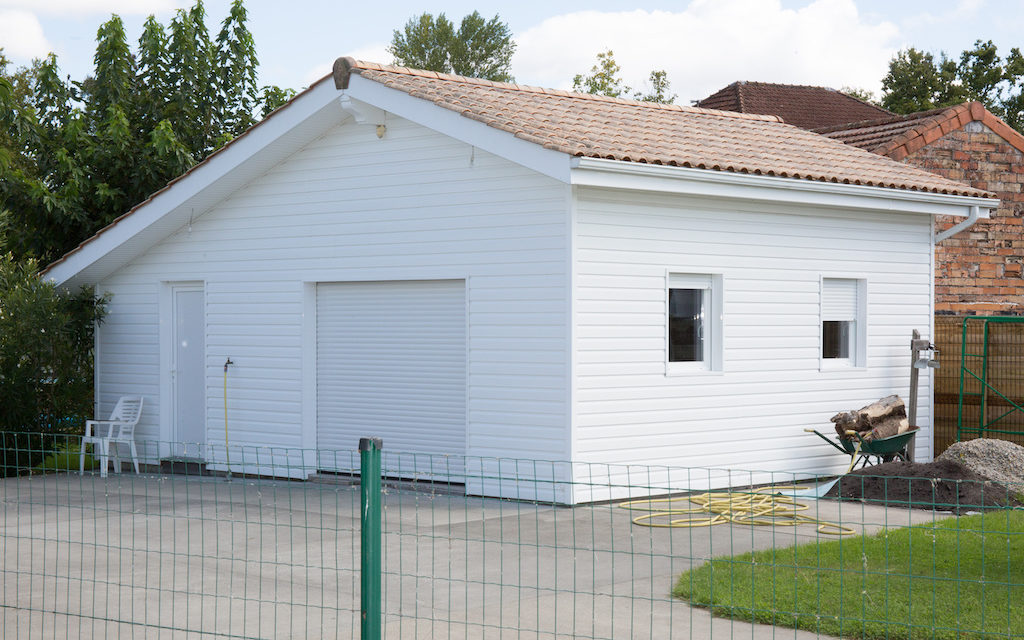An item on the lengthy agenda for the Tuesday, June 15 City Council meeting gives Greensboro Planning Director Sue Schwartz more power.
It’s not uncommon for city staff to place items on a long agenda that at a regular meeting might raise questions, but with the City Council distracted by items such as a $618 million budget and $135 million bond referendum they are likely to slip through without a discussion.
In this case a proposed amendment to the Zoning Ordinance, item 37 on the agenda, takes the power away from the Board of Adjustment to grant variances for a second electrical meter and hands it over to the planning director.
The Board of Adjustment, a nine-member board appointed by the City Council, has been complaining about this particular ordinance for years, so the fact that it comes before City Council on a night with 71 items on the agenda is a strange coincidence.
The issue is pretty simple. According to the current zoning ordinance, a single-family residence, twin home or duplex is only allowed to have one electrical meter per dwelling unit. So, if someone has an accessory building on their property and wants a separate electrical meter for that building, they have to go before the Board of Adjustment and plead their case for a variance. According to the planning department, the Board of Adjustment has granted every request made for a separate electrical meter for the past three years.
Also, according to the planning department, Greensboro is unique in limiting residential dwellings to one electrical meter.
The ordinance only allowing one electrical meter was reportedly passed in an effort to discourage “granny flats,” which is what a garage apartment or other accessary residential unit on a single-family residential lot are commonly called.
Mayor Nancy Vaughan said that she saw this ordinance amendment as a temporary fix to make it easier for people to get approval for an electrical meter for an accessory structure in the short term.
Vaughan said, “I see that changing as we support accessory dwellings.”
Vaughan said that a study on how to revise city ordinances to encourage accessory dwellings and regulate short term rentals such as VRBOs was getting underway.
Vaughan said, “We’re looking at our need to update the short-term rental ordinance. We had this ordinance in place before VRBOs got popular.”
Vaughan said that when there are a number of major events taking place in Greensboro at the same time, the city runs out of hotel rooms and VRBOs could be a big help with that.


Out of hotel rooms? What a joke. More regulation, red tape, and tax revenue is the goal. Mandate Mayor acts again to limit and regulate folks in their own homes, elections cannot get here soon enough.
The guillotine can’t get here soon enough.
IFIFY
Vaughan said that when there are a number of major events taking place in Greensboro at the same time, the city runs out of hotel rooms and VRBOs could be a big help with that.
What a joke! Queen Nancy strikes again. There is absolutely no need to change responsibility from the Board of Adjustment to the Planning Director. Unless you consider it’s easier to bully one individual than it is nine.
And what on earth does this matter. Can’t this City Council think of anything but themselves and let the citizens live in PEACE. Will the election ever get here.
Wankers.